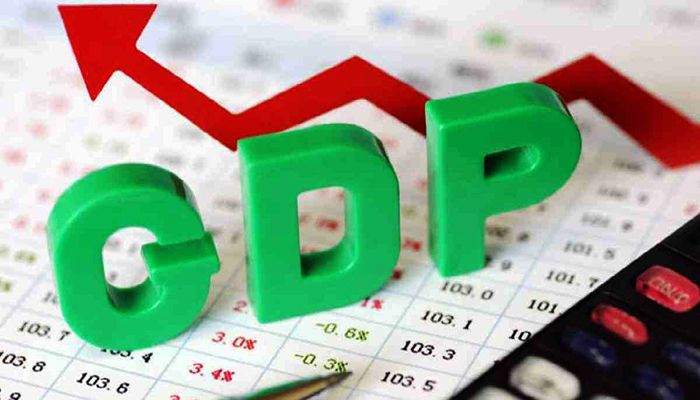
Desk Report
Publish: 05 Dec 2020, 06:04 pm

The government has projected a marginal improvement in the tax to gross domestic product (GDP) ratio in 2022-23 fiscal, despite the COVID-19 taking a toll on the country's revenue collections this financial year.
The tax-to-GDP ratio is a ratio of a nation's tax revenue relative to its gross domestic product, the value of goods and services produced in a country during a certain period. The ratio is also a marker of how well the government controls a country's economic resources.
According to an official document, the tax to GDP ratio in the current fiscal has been estimated at 11.9%, while it was 12.4% in 2019-20 fiscal. Despite Covid hitting the revenue-generating sectors hard, the government estimates it to rise to 12.2% in 2022-23.
The document, in possession of UNB, states that of the 12.2% of the projected revenue-GDP ratio in the next fiscal, 10.6% would come from the National Board of Revenue (NBR), 0.6% from non-NBR sources and the remaining 1.1% from non-tax sources.
Similarly, in the current fiscal, the government has projected to get 10.4% from the National Board of Revenue (NBR), 0.5% from non-NBR sources and 1% from non-tax sources.
In 2019-20 fiscal, the government had originally projected to boost the tax to GDP ratio to 13.1% -- 11.3% from NBR, 0.5% from non-NBR sources and 1.3% from non-tax sources. However, the target was subsequently lowered to 12.4% in the wake of Covid.
Due to the implementation of the new Value Added Tax (VAT) law, the revenue collection has declined, as per the document. Currently, the tax to GDP ratio of the country is much lower than the neighboring and other developing countries.
According to data from the October 2019 issue of the World Economic Outlook, the tax to GDP ratio of the country has been 9.9% on an average since 2015-2019, while it is 19.8% for India, 23.9% for Nepal, 14.7% for Pakistan, 13.5% for Sri Lanka.
The ratio is 25.6% for developing countries and 35.9% for developed countries, according to the data.
The document says that the government has taken various reform initiatives to improve the overall revenue collection. Automated systems have been introduced for VAT, and other tax collections, along with bonded warehouses. The new Customs Act is also on the anvil.
Apart from the reform programs, modernization of the tax administration, expansion of tax net, development in tax compliance and law amendment, and simplification would create a significant positive impact on revenue collections in the future, as per the document.
Subscribe Shampratik Deshkal Youtube Channel
© 2024 Shampratik Deshkal All Rights Reserved. Design & Developed By Root Soft Bangladesh